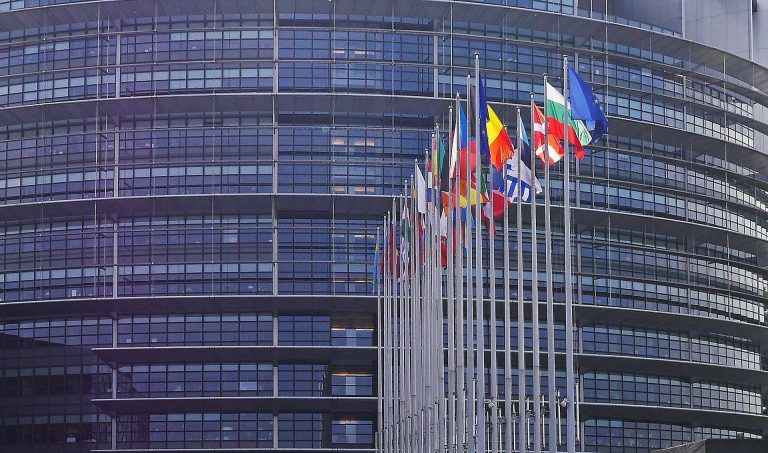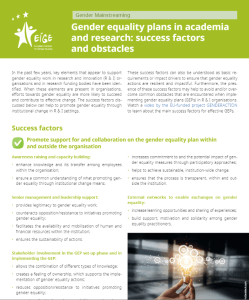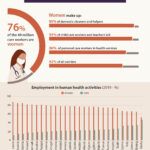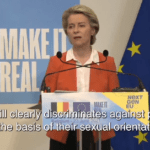MEPs call on the Commission and EU countries to address the inequalities women face, such as barriers to the labour market and access to affordable childcare.
In a report adopted on Tuesday with 535 in favour, 18 against and 79 abstentions, MEPs call for gender to be integrated more effectively into policies that address homelessness, the lack of access to affordable and adequate housing, and energy. The Commission must develop an ambitious 2030 European anti-poverty strategy, with concrete targets and a focus on ending women’s poverty, they say.
The worsening social and economic situation has increased all forms of abuse and violence towards women, MEPs stress. They urge member states to provide support to women escaping situations of gender-based violence, as a life free from violence is fundamental if women are to participate in the labour market, reach their full potential and have financial independence.

Agreement on foreign subsidies: ensuring equal competition in the EU |
Female-dominated work must be remunerated more fairly
The COVID-19 crisis has shown that women working in the social, care, cleaning, education, health and retail sectors play a pivotal role in keeping our societies functioning, the text says. MEPs call for the use of cross-sector gender-neutral job evaluation tools to assess and more fairly remunerate female-dominated work. Such tools would also ensure equal pay for equal work and work of equal value, while strengthening women’s entrepreneurship in small and medium-sized enterprises. Ensuring accessible and high-quality public and private childcare would improve women’s opportunities in the labour market.
Member states should avoid gender discrimination in their tax policies and eliminate VAT on women’s sanitary goods, MEPs urge. They also argue that member states should take the gender dimension into account when reforming pension systems, which should include compensation for unpaid care work.
Quote
Lina Gálvez Muñoz (S&D, ES), rapporteur, said: “Poverty is always unacceptable, but it is incomprehensible in a rich region like Europe. Women’s structural poverty is even harder to understand. It is closely linked to the discrimination that women suffer simply because they are women, and is closely connected to child poverty. In recent years, both women’s poverty and the poverty gender gap have been increasing in almost all member states. We need to act urgently to address women’s poverty, which is getting worse due to Russia’s war against Ukraine, and with wages going down as prices go up.”
Background
According to Eurostat, in 2020 the risk of poverty and social exclusion in the EU was higher for women (22.9 %) than men (20.9 %). Since 2017, the gender-poverty gap has increased in 21 member states. Due to the strong correlation between female poverty and child poverty, 1 in 4 children in the EU are at risk of poverty or social exclusion.

Gender equality plans in academia and research |







Leave a Reply